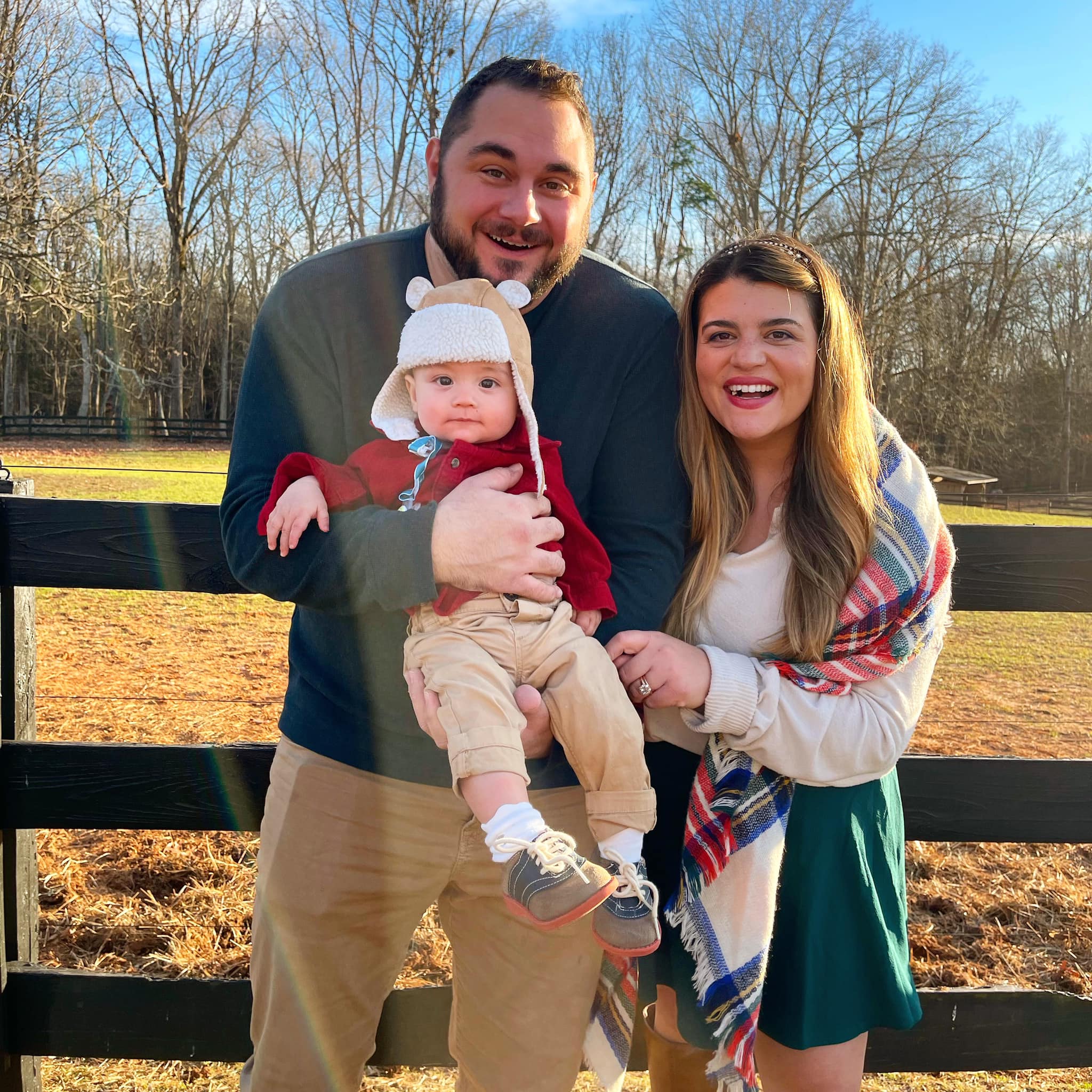Jesus In Yom Kippur
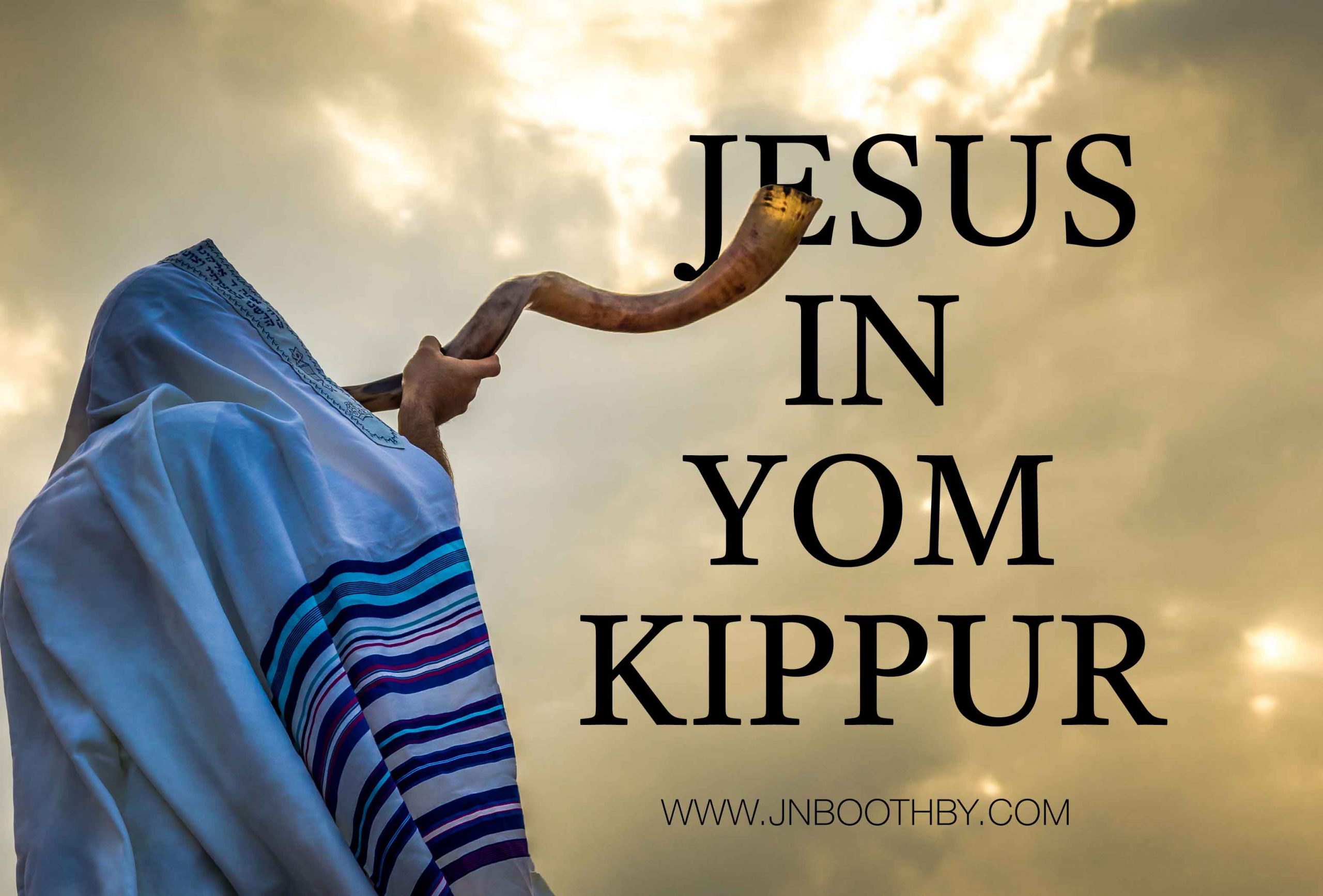
Jesus in Yom Kippur (Day of Atonement)
Jesus in Yom Kippur is the second part to this series. To read about the first part, Rosh Hashanah, click here.
YOM KIPPUR TODAY
Yom Kippur (Lev. 16) is “thee” holiest day of the year for Jews. While living in Jerusalem, we saw the extent of sacredness that this day takes on. Typically, even for other sabbaths or festivals, secular shops will be open, cars are still on the road, and life still happens despite most of the city being shut down. But not on Yom Kippur. There is absolutely no car on the road. There are no shops open. Jerusalem looks like Thanos snapped everyone out of existence and it is quiet. For those of you who have never lived or visited Jerusalem, it is ALWAYS loud.
“This is to be a lasting ordinance for you: On the tenth day of the seventh month you must deny yourselves and not do any work —whether native-born or a foreigner residing among you— because on this day atonement will be made for you, to cleanse you. Then, before the LORD, you will be clean from all your sins. It is a day of sabbath rest, and you must deny yourselves; it is a lasting ordinance.”
YOM KIPPUR THEN
Yom Kippur is a full day of fasting or “denying themselves” as a way to cleanse themselves (Lev. 16:29-31). It’s a day devoted to reading scripture and remembering that all humans are imperfect people who need redeemed by a perfect God. Yom Kippur is very much a somber day of remembrance. But there is something beautiful about this day. It’s a day of renewal and cleansing. It’s a day that offers us hope knowing that even though we screw up, we have a God who loves and cares for us to redeem us.
During the ceremony of Yom Kippur for the ancients, there were two goats involved. One would be sacrificed as a sin offering and the High Priest would take the second goat, place two hands on the head, and “confess over it all the iniquities of the Israelites and all their transgressions in regard to all their sins.” This is what’s called a ritual of elimination, which was popular in the ancient Near East (for more information on this ritual and “Azazel” click here). Following the ritual, the goat would be released into the Judean Desert, which Jerusalem sits right next to.
JESUS IN YOM KIPPUR
So how do we see Jesus in Yom Kippur? There’s a great article from JewsForJesus.org (Article Here) that goes through the entire day. In their article they write: “For believers in Yeshua, the scapegoat is a picture of the Messiah, who was sent “as an atoning sacrifice for our sins” (1 John 4:10). Like the scapegoat, Yeshua receives our iniquities and transgressions and takes them from us; unlike the scapegoat, his sacrifice is good for all time, rather than needing to be repeated from year to year.”
Here’s the truth. I’ve sinned. You’ve sinned. We’ve all sinned. But we have a Messiah who took on our iniquities when he was crucified on the cross. As Peter said, “For you know that it was not with perishable things such as silver or gold that you were redeemed from the empty way of life handed down to you from your ancestors, but with the precious blood of Christ, a lamb without blemish or defect. He was chosen before the creation of the world, but was revealed in these last times for your sake” (1 Peter 4:18-20)
SHOULD CHRISTIANS CELEBRATE YOM KIPPUR?
Yom Kippur should absolutely be observed by Christians. It should be like Good Friday for us. A somber day when we remember the sacrifice that Yeshua made for us on that Cross by taking our sins. In every Seder meal we quote John the Baptist who looked upon Jesus and said, “Behold, the lamb of God who takes away the sins of the world!” (John 1:29)
If you’re looking to observe Yom Kippur in 2021 it falls at Sunset from September 15-16, 2021.
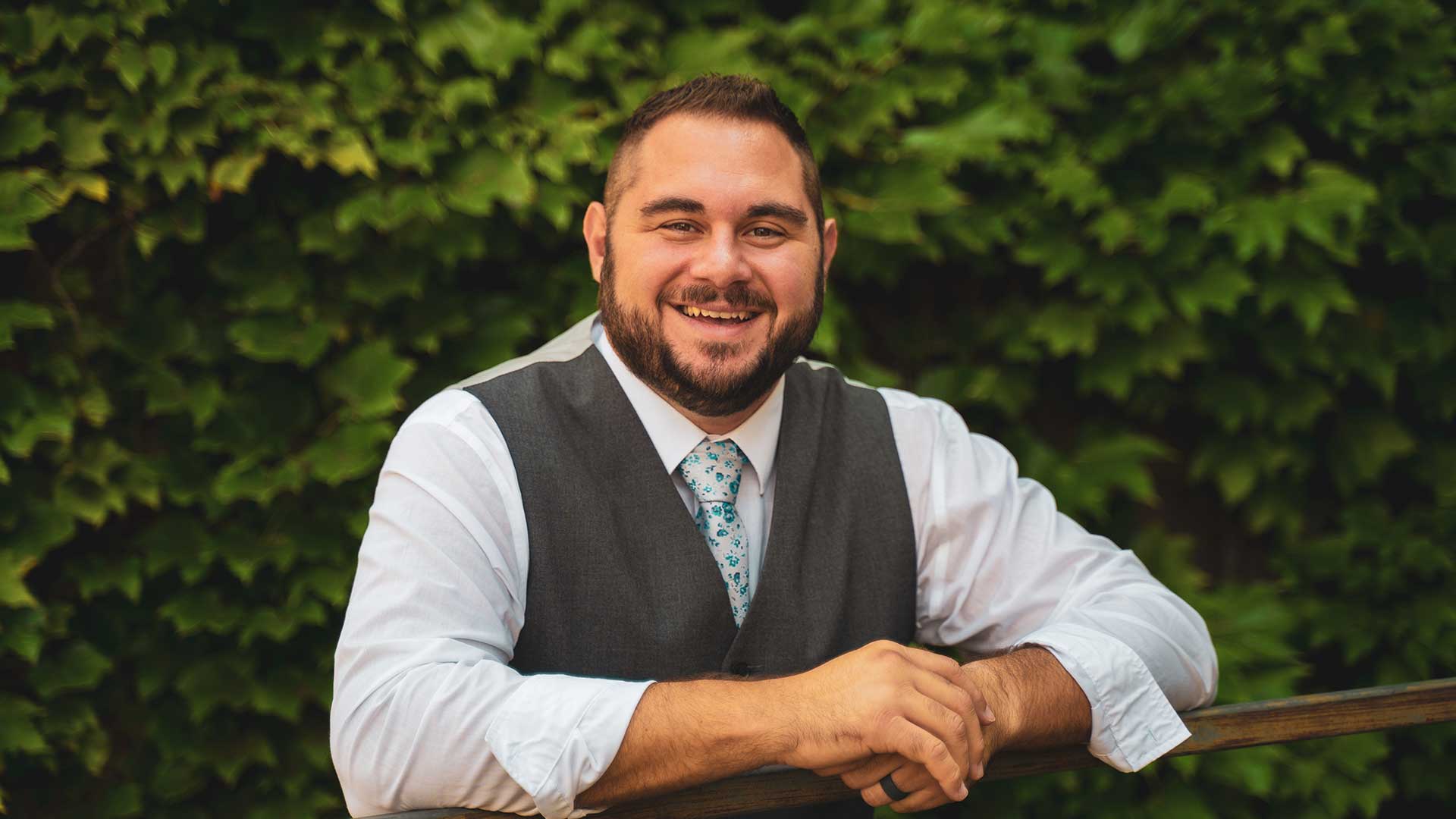
About The Author
Justin Boothby is a lifelong student who loves to travel, film, write, design websites, and life coach. Most importantly he loves to Pastor in all different kinds of ministry settings. He’s also an avid pizza lover, metalcore listener, and shot glass collector.
Recent Articles
No Results Found
The page you requested could not be found. Try refining your search, or use the navigation above to locate the post.
Recent Blog Posts
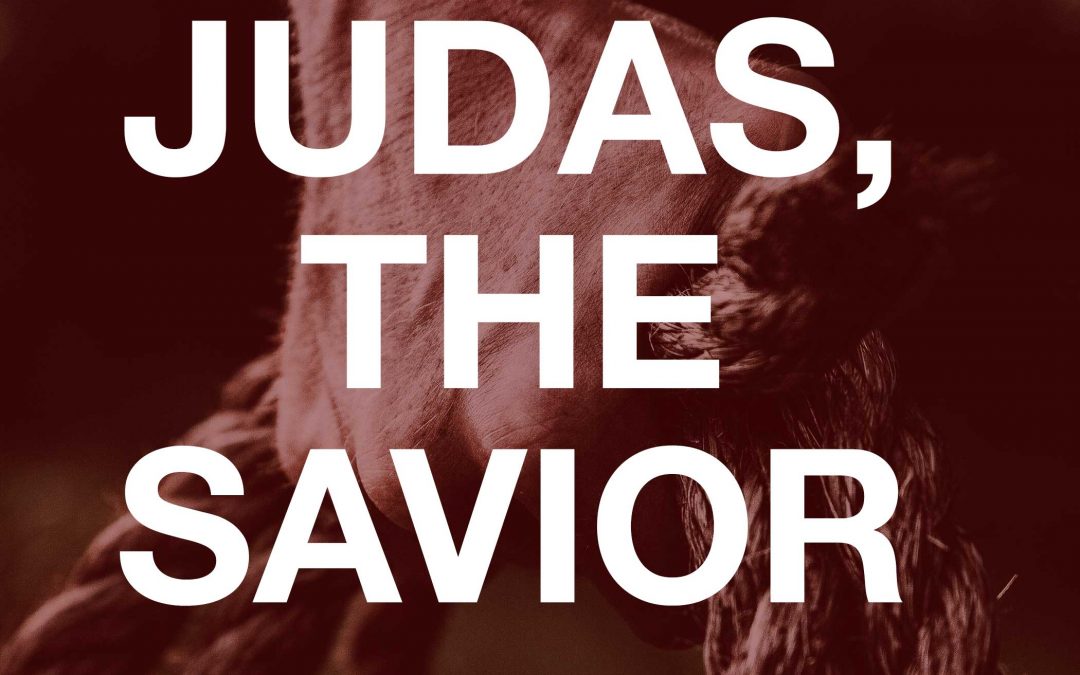
Judas, The Savior
Judas’ Messiah did not fit into his political or religious agenda so he took matters into his own hands. Can we say that we’re any different?
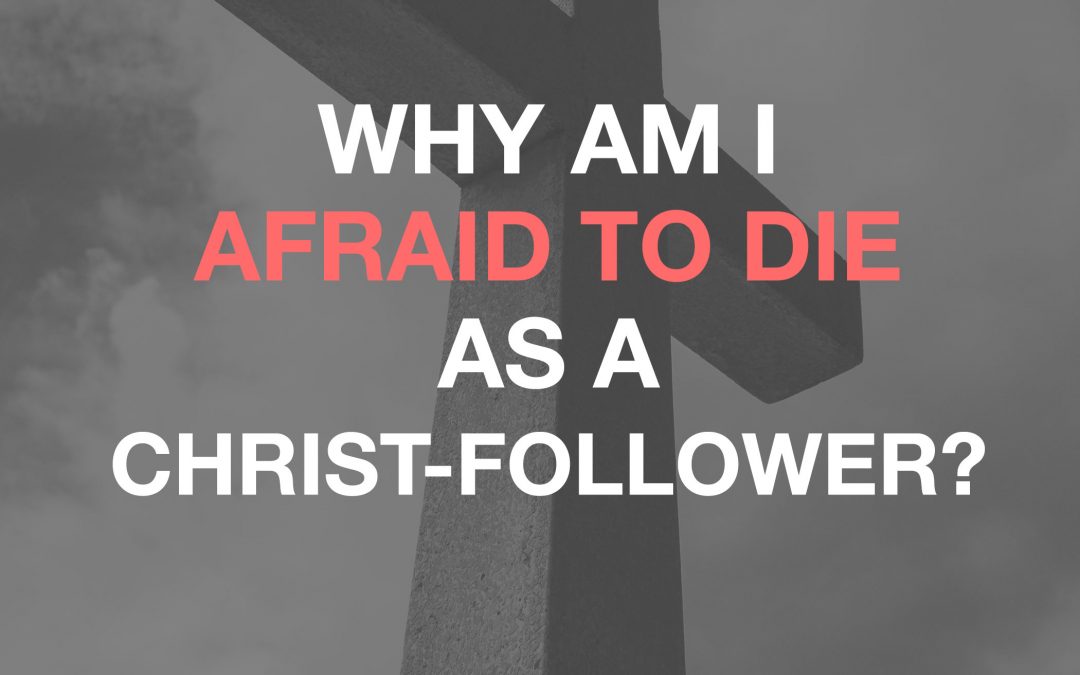
Why Am I Afraid To Die As A Christ-Follower?
With all the verses about not being afraid to die, why am I still afraid to die? What’s keeping me from falling asleep each night?
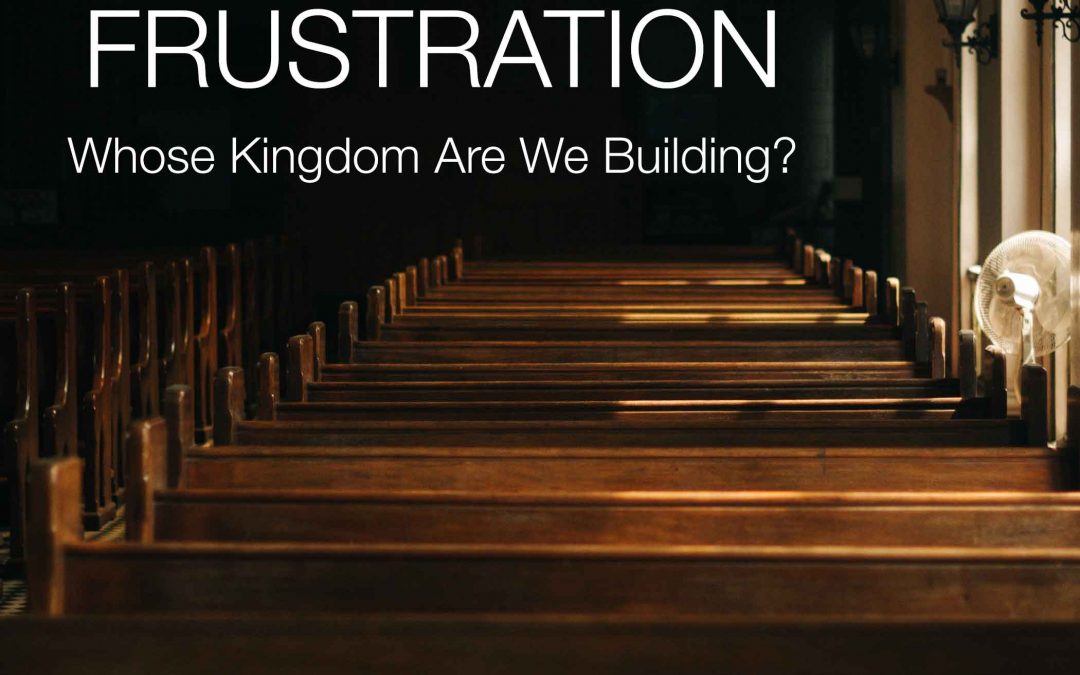
Denomination Frustration: Whose Kingdom Are We Building?
While denominations should be building the Kingdom of God, too often they are busy building their own kingdoms. What’s going on and how can we fix it?
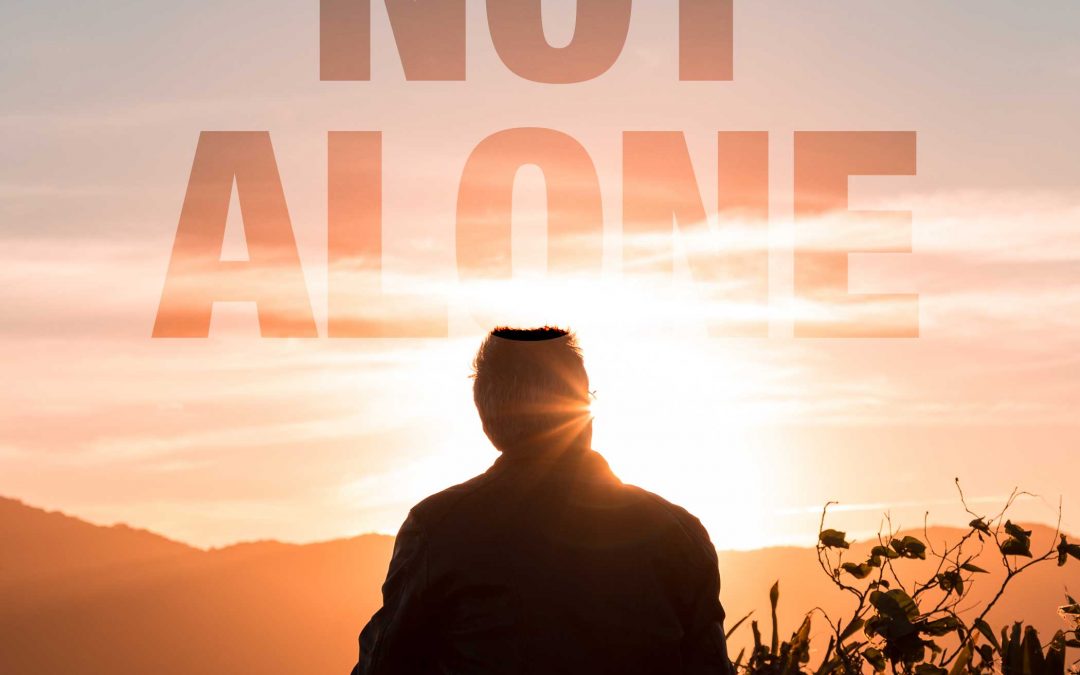
You Are Not Alone: Doubts, Burnout, And Questioning Your Faith
Did you know that you are not alone? When you struggle with doubts, questions, and burnout in your faith, know that Jesus is right there with you.
Jesus In Yom Kippur

Jesus in Yom Kippur (Day of Atonement)
Jesus in Yom Kippur is the second part to this series. To read about the first part, Rosh Hashanah, click here.
YOM KIPPUR TODAY
Yom Kippur (Lev. 16) is “thee” holiest day of the year for Jews. While living in Jerusalem, we saw the extent of sacredness that this day takes on. Typically, even for other sabbaths or festivals, secular shops will be open, cars are still on the road, and life still happens despite most of the city being shut down. But not on Yom Kippur. There is absolutely no car on the road. There are no shops open. Jerusalem looks like Thanos snapped everyone out of existence and it is quiet. For those of you who have never lived or visited Jerusalem, it is ALWAYS loud.
“This is to be a lasting ordinance for you: On the tenth day of the seventh month you must deny yourselves and not do any work —whether native-born or a foreigner residing among you— because on this day atonement will be made for you, to cleanse you. Then, before the LORD, you will be clean from all your sins. It is a day of sabbath rest, and you must deny yourselves; it is a lasting ordinance.”
YOM KIPPUR THEN
Yom Kippur is a full day of fasting or “denying themselves” as a way to cleanse themselves (Lev. 16:29-31). It’s a day devoted to reading scripture and remembering that all humans are imperfect people who need redeemed by a perfect God. Yom Kippur is very much a somber day of remembrance. But there is something beautiful about this day. It’s a day of renewal and cleansing. It’s a day that offers us hope knowing that even though we screw up, we have a God who loves and cares for us to redeem us.
During the ceremony of Yom Kippur for the ancients, there were two goats involved. One would be sacrificed as a sin offering and the High Priest would take the second goat, place two hands on the head, and “confess over it all the iniquities of the Israelites and all their transgressions in regard to all their sins.” This is what’s called a ritual of elimination, which was popular in the ancient Near East (for more information on this ritual and “Azazel” click here). Following the ritual, the goat would be released into the Judean Desert, which Jerusalem sits right next to.
JESUS IN YOM KIPPUR
So how do we see Jesus in Yom Kippur? There’s a great article from JewsForJesus.org (Article Here) that goes through the entire day. In their article they write: “For believers in Yeshua, the scapegoat is a picture of the Messiah, who was sent “as an atoning sacrifice for our sins” (1 John 4:10). Like the scapegoat, Yeshua receives our iniquities and transgressions and takes them from us; unlike the scapegoat, his sacrifice is good for all time, rather than needing to be repeated from year to year.”
Here’s the truth. I’ve sinned. You’ve sinned. We’ve all sinned. But we have a Messiah who took on our iniquities when he was crucified on the cross. As Peter said, “For you know that it was not with perishable things such as silver or gold that you were redeemed from the empty way of life handed down to you from your ancestors, but with the precious blood of Christ, a lamb without blemish or defect. He was chosen before the creation of the world, but was revealed in these last times for your sake” (1 Peter 4:18-20)
SHOULD CHRISTIANS CELEBRATE YOM KIPPUR?
Yom Kippur should absolutely be observed by Christians. It should be like Good Friday for us. A somber day when we remember the sacrifice that Yeshua made for us on that Cross by taking our sins. In every Seder meal we quote John the Baptist who looked upon Jesus and said, “Behold, the lamb of God who takes away the sins of the world!” (John 1:29)
If you’re looking to observe Yom Kippur in 2019 it falls at Sunset from September 27-28, 2020.
Leave A Comment
I’d love to hear your thoughts on this article! Please remember to be kind and respectful. If you didn’t like something, I always welcome constructive criticism. However, any form of hatred, bullying, or racism will not be tolerated.

About The Author
Justin Boothby is a lifelong student who loves to travel, film, write, design websites, and life coach. Most importantly he loves to Pastor in all different kinds of ministry settings. He’s also an avid pizza lover, metalcore listener, and shot glass collector.
Recent Blog Posts

Judas, The Savior
Judas’ Messiah did not fit into his political or religious agenda so he took matters into his own hands. Can we say that we’re any different?

Why Am I Afraid To Die As A Christ-Follower?
With all the verses about not being afraid to die, why am I still afraid to die? What’s keeping me from falling asleep each night?

Denomination Frustration: Whose Kingdom Are We Building?
While denominations should be building the Kingdom of God, too often they are busy building their own kingdoms. What’s going on and how can we fix it?

You Are Not Alone: Doubts, Burnout, And Questioning Your Faith
Did you know that you are not alone? When you struggle with doubts, questions, and burnout in your faith, know that Jesus is right there with you.
About The Author

Justin is a lifelong student who loves to speak, travel, film, write, and coach. He has a goal of empowering others to grow closer to Jesus in practical and unique ways. After acquiring two degrees in Practical Theology and then studying in Israel for two years, Justin has a passion to help people read the Bible with a deeper appreciation in its original, ancient context.
M.A. Hebrew University of Jerusalem
M.Div. Regent University
B.S. Southeastern University

